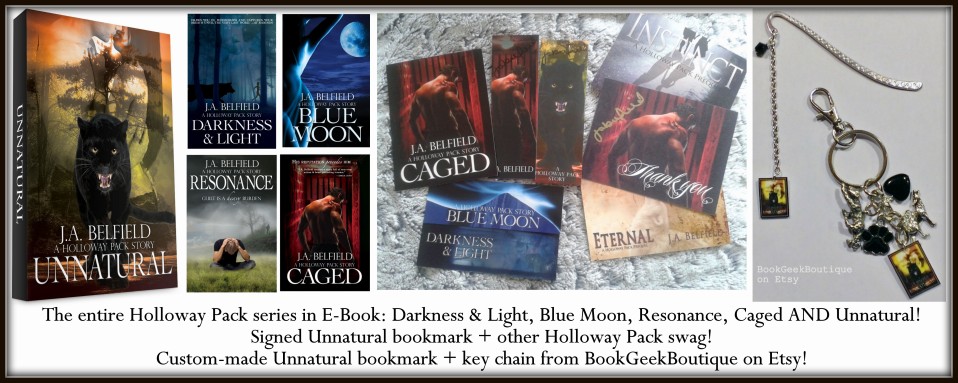
Breaking Butterflies
I didn’t totally know what to expect from Breaking Butterflies by M. Angelais before I headed in. I mean, the blurb I happened to read for it was pretty vague—not that I pay much attention to them anyway—and the concept behind the cover isn’t truly clear until one gets to know the story/characters a little. So I went in with a broad mind and hoped for the best.
Well, turned out, the best is very nearly what I got.
In Breaking Butterflies, we meet Sphinx, a young teenager, as impressionable as her mother with a friendship she can’t say no to, and a connection she *almost* can’t control.
And the other half of this friendship? Cadence. Indifference personified to Sphinx’s eagerness. The moon to Sphinx’s moth tendencies. And quite possibly one of the creepiest characters I’ve ever seen written so subtly—so subtly, in fact, that even the reader can be left wondering if their doubts about him are imagined.
Enhancing this subtle writing is the voice of Sphinx as narrator. Because the detached way in which she relays the story to the reader is almost masterful. Almost as though looking back in a whimsical sense, a hint of disbelief in her tone at what, exactly, she endured, how they even got there, and what the outcome could have been had she not found the strength within herself to make it different. Also, I have great appreciation for this detachment extending to her recounts of Cadence’s behaviour. Whilst her actual descriptions of the character himself were glowing and vibrant and made you believe the yearning he instilled inside her, made him believable as a pariah, even, the clinical descriptions of everything that occurred between them gave the impression of mental and emotion scarring—the kind that resides within a person’s subconscious as a permanent tenant. It makes such a refreshing change for the ‘damaged’ character to not be romanticised, and Sphinx’s storytelling ensured a disconnection from him for the reader—rightly so—which helped take the story to a whole other level. And, although Sphinx’s voice sounded older in wisdom, it never once strayed from her age, giving such an authentic tone to the overall telling of the story and heightening the believability of what most would find incredible unless they have experienced such a relationship themselves.
I don’t really want to go into too much depth for fear of ruining the story for others. But this tale is about so much more than the blurb I read suggests. It tells tales of how parent actions can affect the offspring, of childhood friendships built on need, of bonds and family and sickness—both mental and physical—and strengths and weaknesses, of manipulation, and (perhaps the strongest elemental of all in here) how history certainly can have a habit of repeating itself—in a terrifying way.
I saw this in another review: “It’s like watching a car accident happen in front of your eyes. You want to look away but can’t because you need to know what happens next.” <<THIS (in a review by Kirsty of Overflowing Library) is about as perfect a description as I’ve seen.
So … love dark and twisted and foreboding tales that are so subtly creepy you’re not even aware that it’s sending shivers down your spine until it’s too late and you’re hooked? Then, you definitely want to check out Breaking Butterflies, for sure.












 1
1














